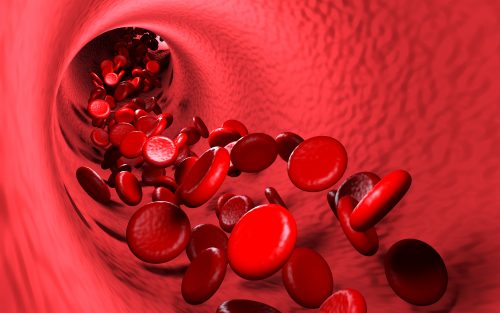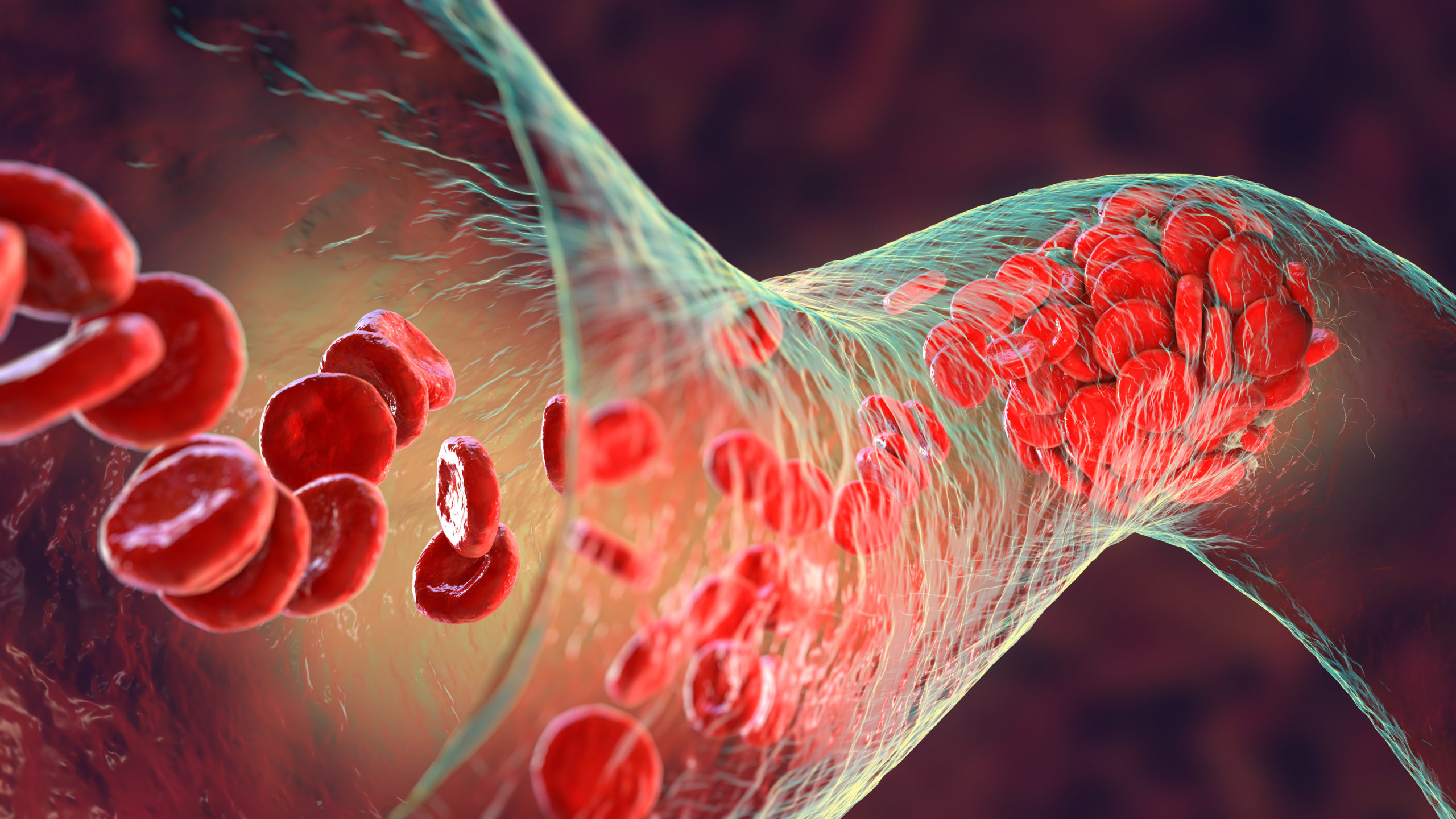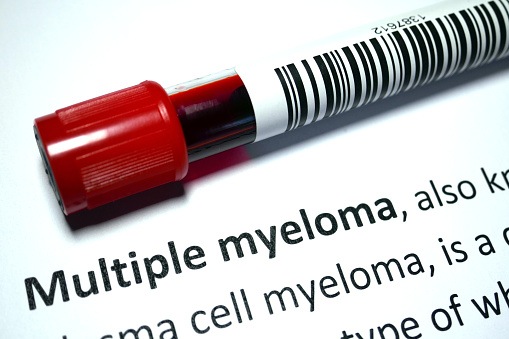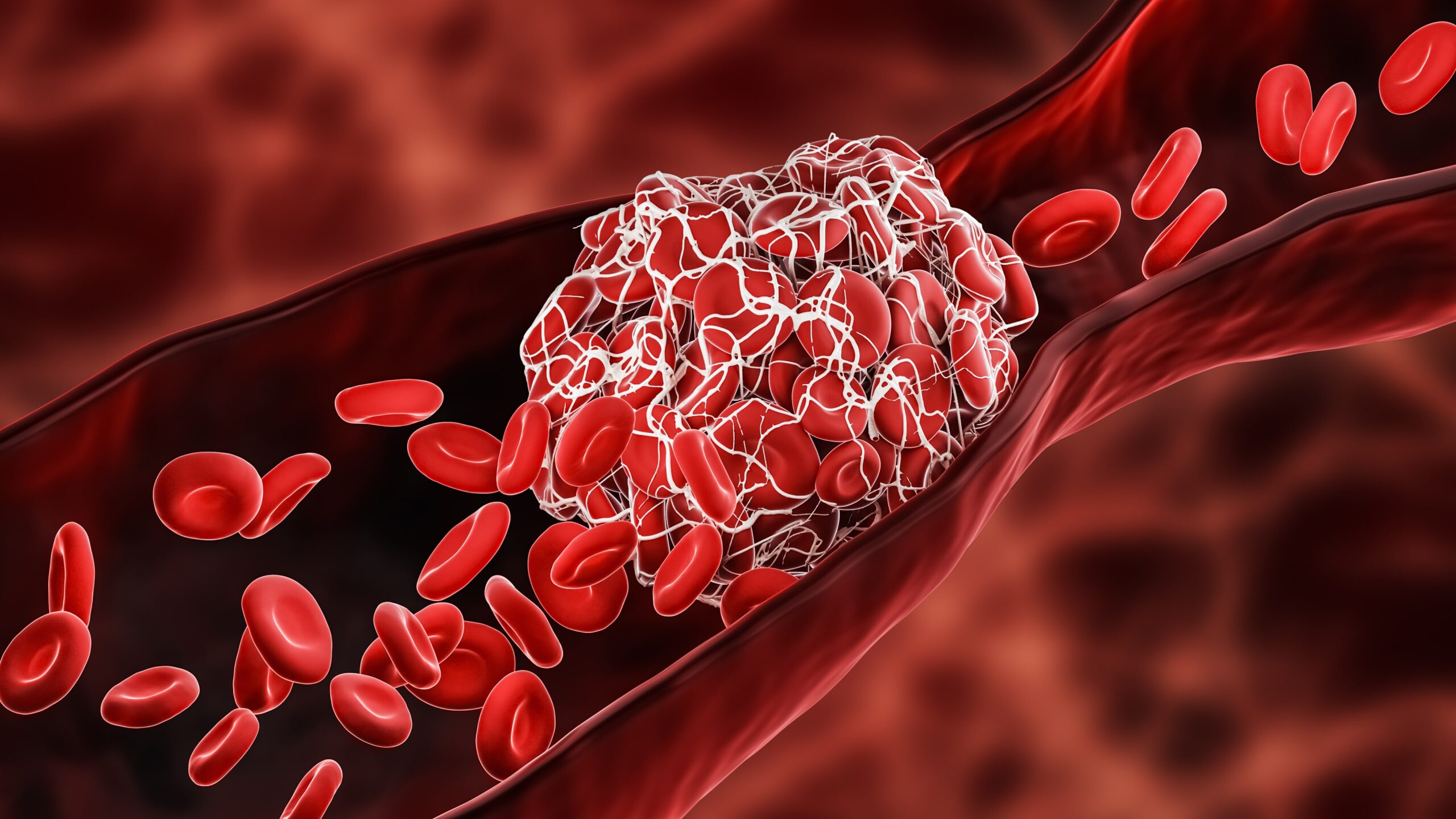
A study published in Experimental and Therapeutic Medicine showed direct anti-inflammatory potential of direct oral anticoagulant (DOAC) drugs for treatment of patients with lower limb deep vein thrombosis (DVT).
Previous studies have suggested that inflammation may play a role in shifting venous thromboembolism (VTE) towards a pro-thrombotic state. Excess inflammation is triggered due to the release of pro-inflammatory cytokines into the bloodstream. The pleiotropic interleukin (IL)-6 cytokine has been tied to the development of thrombosis in the venous circulation of the lower limbs.
In this study, the investigators evaluated the capability of DOACs in reducing plasma levels of IL-6 in patients with DVT of the lower limbs, to assess the potential to reduce inflammation. Twenty patients hospitalized with lower limb DVT were enrolled.
Patients received initial therapy with low-molecular-weight-heparins (LMWHs) for 5 days, followed by treatment with DOACs (Dabigatran 150 mg daily, Edoxaban 60 mg daily) from the 6th day onward. Blood samples were collected after 5 days and 10 days of DOAC therapy. The investigators obtained 22 healthy blood samples to use as controls.
Results showed 2.8-fold reduction in IL-6 expression levels in DVT patients compared to controls (P<0.05).
“In conclusion, anticoagulant drugs such as LMWHs have demonstrated the direct potential of their anti-inflammatory capabilities in addition to their anticoagulant properties,” the authors wrote. “Overall, we are confident that these observations will contribute to clarifying the potential role of DOACs against the high inflammatory activity that is greatly responsible for favoring hyper-coagulation and in determining the clinical outcomes for DVT patients.”







 © 2025 Mashup Media, LLC, a Formedics Property. All Rights Reserved.
© 2025 Mashup Media, LLC, a Formedics Property. All Rights Reserved.